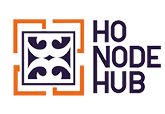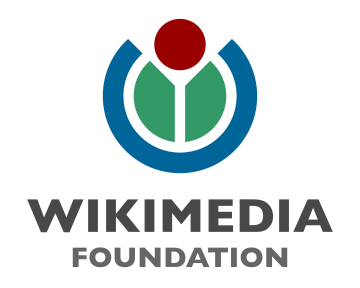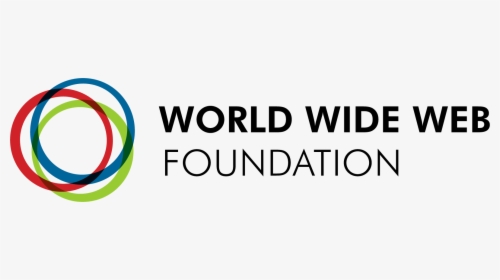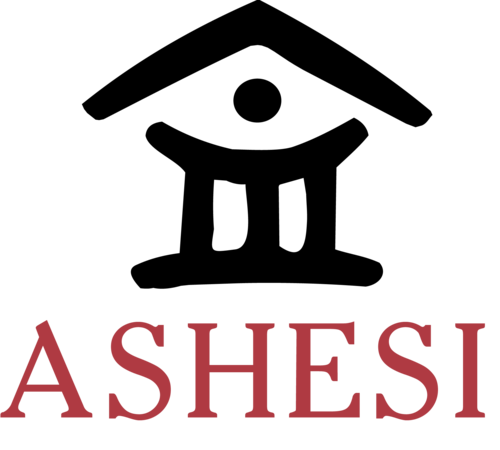
By Pamela Ofori-Boateng
Wikimania 2018 was the first of its kind in sub-Saharan Africa and diverse news about the annual event was nothing short of exciting and educational. At OFWA, the event meant a lot to us as three of our members contributed immensely in various sessions at the conference. We were even more excited as our work was exposed to the international community. Our co-founder, Felix Nartey, who served as the co-chair for the programs committee of the event was interviewed on several platforms including BBC where he threw more light on the need for more African editors on Wikipedia. He also touched on the work we do in promoting open resources.
In the interview, Mr. Nartey shared with the BBC audience what earned him the title of Wikimedian of the year 2017, a win he attributed to his genuine act of volunteerism and his belief in giving back to the society that nurtured him.
Volunteering for him is all about things that matters to him and Wikipedia falls in that bracket. His work for Wikipedia hinged on one thing. Trying to use Wikipedia as a tool to create a voice for Africa.â€
He indicated his strong passion for volunteering that informed his decision to leave a full-time job as a banker to focus on Wikipedia and pursue other personal interests.
Mr Nartey further updated listeners on how young people can join the movement by creating an account and beginning with the basics like correcting grammar, spelling mistakes and changing the narrative on the platform.
On how Wikipedia ensures wrong articles don’t get on the platform, he explained, checks and balances and structures are available to verify the authenticity of content on Wikipedia.
We also try to look out for reliability and there are administrators and patrollers to ensure content on there are worthy for consumption.â€
He concluded the interview by calling on Africa’s youth to seize the opportunity that Wikipedia offers to project our history, culture and to speak for ourselves.
In a related interview, on Dailymaverick.co.za Nartey mentioned that one of the ways to drive content from Africa is to provide more access to computers or internet enabled devices, internet and mentorship. He adds that although the appetite for localized content may be high, time and adverse socio-economic factors from Africa is always a barrier.












